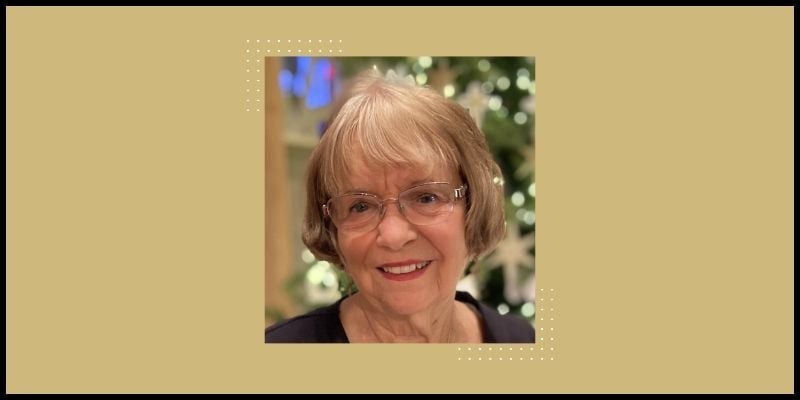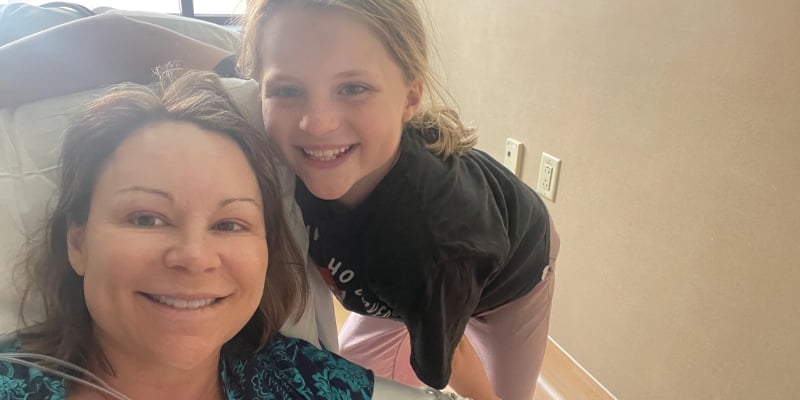“I always liked to study,” says University of Colorado College of Nursing alumna Noelle Dilgarde (DNP/MPH 2019, MS specializing in FNP 2014). But even for Dr. Dilgarde, earning a dual degree while working was a major challenge. “I was exhausted and thought about dropping out of the program and just working.”
As fate would have it, she landed a job with the US Army Chemical Depot as Family Nurse Practitioner, which allowed her to work a shift that suited her to a T (24 hours on, 24 hours off, 24 on, and 5 days off). “The hours were appealing. And the job was so different than anything I ever thought I’d be doing. It wasn’t nursing, but I could use my medical education, add a dash of sleuthing and detective work, as well as psychology. It was unusual and exciting.”
Stockpiles of Chemical Weapons Wait to be Destroyed. Who You Gonna Call?
Get to Know Dr. Noelle Dilgarde |
|
|
|
As a Family Nurse Practitioner at the US Army Pueblo Chemical Depot (regulated by the Department of Defense), Dilgarde ensures that the people who are hired to destroy deadly chemical weapons are fit for duty. That doesn’t just mean physically fit. It also means mentally fit. “The Army looks at the person from head to toe and includes psychological and mental screening in addition to the physical. We determine if the person can be trusted to do what they are hired to do.”
Dilgarde reviews the new hire’s pre-employment paperwork, conducts tests, draws blood, orders blood work, and assesses their mental health.
The position is a big shift from primary care, but one that has allowed her to work and earn her Doctor of Nursing Practice and Master in Public Health degrees while discovering another side of herself. “I don’t prescribe as I’m not that person’s primary care provider. It’s more on the occupational health and safety side. I’m really trying to figure out if they are suitable for this high-stress position.”
Bioweapons – how they are destroyed and why they exist
Because the employees are responsible for the destruction of deadly compounds, they must be able to do the job and be beyond reproach. After they are screened and hired, they start the work of destroying the country’s stockpile. Donning personal protective equipment, they place the highly toxic chemicals in a detonation chamber. High heat leaves the munitions inert. A neutralization process, followed by a second high-pressure cleaning is used on mustard gas.
Unfortunately, the US is not alone in its love affair with chemical weapons or its need to dispose of them. Like many countries, our history with biowarfare began in 1917 during World War I with the creation of the US Army’s Gas Service Section. Seventy-plus years later, we renounced the use of chemical weapons by signing the Chemical Weapons Convention of 1993. Since then, the US has destroyed more than 90% of its chemical weapons stockpile and is anticipated to complete the process by 2023.
Temporary Gig Mixed with Pandemic Leads to a New Path
Dilgarde’s position in Pueblo was always a temporary assignment as the Pueblo plant will process its last munition in December 2023 and tear down the site in 2024/2025. But what she’s learned on the job has set her on a path she didn’t know she would follow. “I fully intended to be a nurse practitioner working in a clinic or doctor’s office. Seeing patients and taking care of them. But the pandemic changed how we provide good care. As a profession, we’ve adapted and had to be more creative.”
According to Dilgarde, “Right now, it’s hard to be proactive in primary care. We like to touch and hug and provide care and compassion. The shift to telehealth because of COVID was huge. How do you make someone feel face to face with you in a phone call?” While primary care has been challenged by the pandemic, psychiatric and mental health services seem to be thriving and perfectly matched for the telehealth environment.
The pandemic helped her rethink her goals and future. Dilgarde, a lifelong learner, is reinventing herself and preparing for her next position. “I needed to examine my prospects and because of the whole person emphasis in this job, and the focus on telehealth during COVID, I decided to pursue psych mental health.” Once again, she is back at school earning an advanced degree. This time, a Master’s specializing in psychiatric mental health from Northern Kentucky University. She begins clinical rotations in June.

 Dr. Noelle Dilgarde, a native of Cameroon in Central Africa, comes from a long line of healers and is fluent in French and English. She came to the US by way of France, England, and Canada. She met her husband, an American, at a friend’s daughter’s wedding in Chicago. Unable to communicate well in English, they “talked” mostly by drawing on a napkin. His artistic skills brought her out of her shell. He convinced her to move to Colorado where he lived. She took English as a Second Language (ESL) classes to become proficient in English and then went on to nursing school at
Dr. Noelle Dilgarde, a native of Cameroon in Central Africa, comes from a long line of healers and is fluent in French and English. She came to the US by way of France, England, and Canada. She met her husband, an American, at a friend’s daughter’s wedding in Chicago. Unable to communicate well in English, they “talked” mostly by drawing on a napkin. His artistic skills brought her out of her shell. He convinced her to move to Colorado where he lived. She took English as a Second Language (ESL) classes to become proficient in English and then went on to nursing school at 
